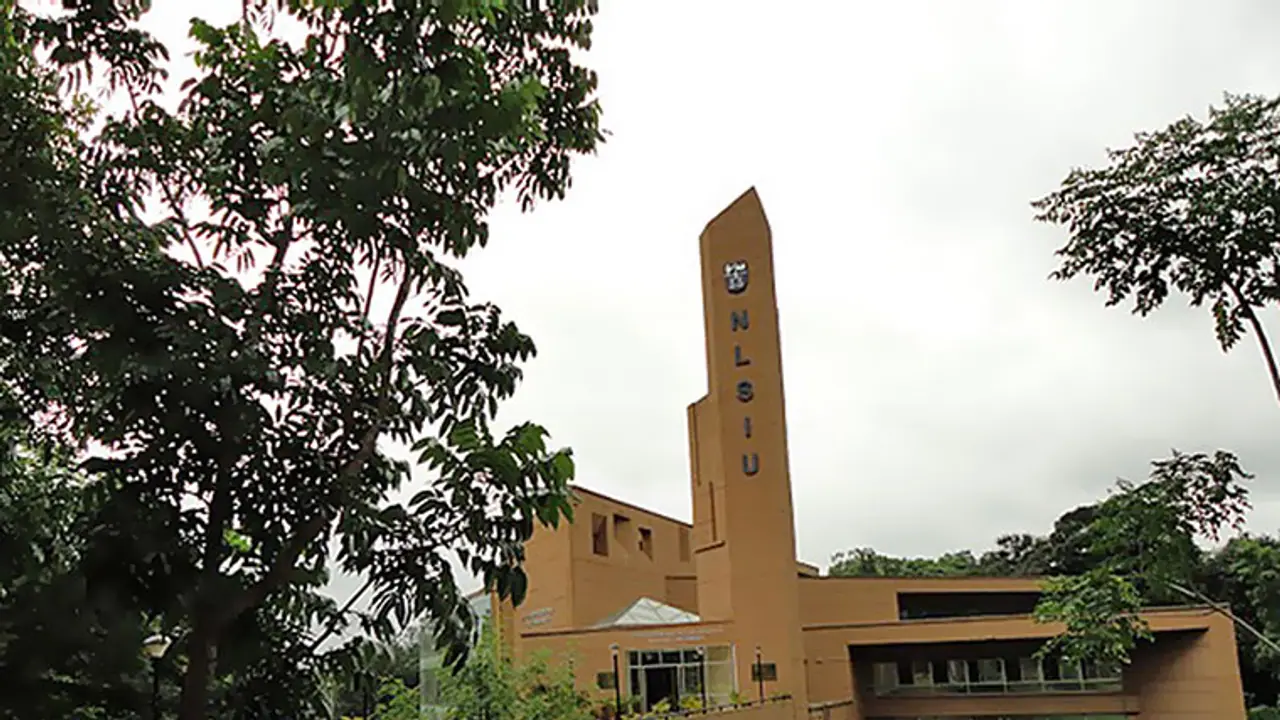Karnataka's new bill will force NLSIU to fill 50% of its seats with 'local' students As NLSIU is an all-India institution, the move might have a far-reaching impact on the stature of the school Why must this institution be so dramatically altered, instead of being allowed to be a front-runner in legal education?
The National Law School of India University (NLSIU) is India's premier law college. The first of the National Law Schools set up in India; it holds a pride of place both in Bengaluru, where it is located, and the nation as a whole.

The fact that 40,000 applicants vie for just some 80 seats (57 in General category) is indicative of its stature, making it proportionately one of the most competitive admissions in India.
The 'India' part of all of this is crucial, since NLSIU, which has the Chief Justice of India as its Chancellor, was always envisioned as an all-India institution.
Part of its seed funding was given by the Bar Council of India, and it is still funded in large parts from outside sources. The fact that it happened to be located in Bengaluru confers no unique ownership rights to Karnataka.
But special ownership is certainly appropriated, at least by Karnataka's elected representatives, who insist that half of the University's students be 'local'.
The recently passed Bill, called the 2017 National Law School of India University (Amendment) Bill, will require students to prove that they have been in the state for a number of years.
Counting back from the day of the entrance exam, they or their parents must have resided in the state for at least 10 years. Or they must have studied for at least seven years in any one of the recognised educational institutions of Karnataka.
On the part of NLSIU, the bill forces the organisation to ensure that at least half of the available seats in the University every year is filled by such 'local' candidates.
This move will have a dramatic impact on the University. For example, every year the college takes in some 80 undergraduates (BA.LLB) from the tens of thousands who apply from all around the country. Now, 40 of them will have to be locals from Karnataka alone.
As per this report in the Economic Times, the move to 'reserve' seats is an all-party move. The Congress, which is the ruling party in Karnataka, faces elections next year and is doing all it can to woo every single voter in the state. The BJP, meanwhile, pushed even harder to make sure the reservation was pushed up to 50%, from the originally proposed 30%.
This move is misguided, to say the least. On the one hand, it assumes that the rest of India has only a 'half-right' to be in Karnataka. On the other hand, the move assumes that Karnataka's students are somehow being 'denied' a seat, rather than simply being out-competed by the rest of India. Perhaps even more sinister, it overlooks the possibility that such a move will dilute the inherent stature of NLSIU, all so that a few votes come in an election.
A common complaint in South India is that the country is 'Delhi-obsessed'. But is it any surprise that institutions are forced to be Delhi-based when every state is busy undermining the quality of its institutions to feed vote banks?
By declaring that an institution should be 'half-local' merely because it is located in a particular state not only discriminates unnecessarily against the rest of India but reinforces the divisive idea that united India is merely a concept that can be ignored when convenient - instead of a undeniable fact.
In the end, the only question we must ask is this - NLSIU became a great institution thanks to its teachers, facilities and the most crucially, the students that were admitted from around India so far. Why must that be risked?
After all, what is stopping the government from opening the 'Karnataka Law School' and making that a premier institution? Is it because it is easier to meddle with something rather than put in the effort to build from scratch?
